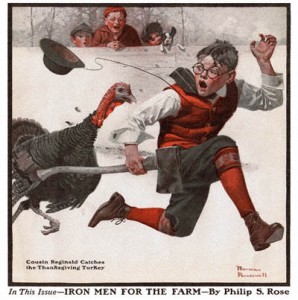As you likely know if you attended this semester’s English Alumni Career Panel, a humanities career path can be meandering. Speaking earlier this week for the Engl 199: Career Planning for Humanities Majors lecture series, Maeve Reilly highlighted this point as she narrated her own career path, which included the Peace Corps, a masters degree, and positions in ESL instruction, proofreading, project managing, and marketing, leading up to her current position as Director of Communications for the Beckman Institute here on campus. As Reilly’s career path exemplifies, the great thing about English and other humanities majors is that they can do so many things with their degree. But how can you plan ahead for a future you can’t predict? Reilly offered some advice to humanities students on preparing for a career while still in undergrad:
Experience
“Try to get experiences in as many areas as you can,” Reilly advised in her talk. Having a range of experiences will add diversity to your résumé and can make you stand out as an applicant. Reilly advocated that you try to gain specific experience in areas like writing and social media through involvement in student organizations, part-time jobs, and internships. Such concrete experiences can also give you opportunities to network with fellow students, campus employees, and alumni, which can help you to develop more connections and even to obtain future jobs.
Soft skills
Humanities students acquire a wealth of soft skills (e.g., communication, leadership, critical thinking) that are applicable to most professional fields and are increasingly sought by employers. These skills are most valuable to you when you learn how to recognize them and narrate their applicability to potential careers. Reilly particularly emphasized flexibility (especially the ability to teach yourself new things), research skills, and evaluative skills as critical tools that humanities students develop. Because you routinely put these skills into practice in your humanities coursework, you may not realize how special they are. Learning to think about your everyday academic activities in the context of their applications outside of the classroom can help you to highlight your preparedness for a range of careers.
The application
Reilly noted that one of the best ways to strengthen a job application is to read the job posting carefully and strategically tailor your application materials to emphasize your suitability for that particular job. She stressed, for instance, that you should not use the same résumé for all job applications because you want your résumé to highlight your experiences and skills that are most relevant to the position you’re applying for. To help you determine how you could contribute to an organization you’re applying to, research the organization and their employees to learn about what they do. (Stay posted for a workshop we’ll offer in the Spring semester on demystifying job ads!)
 It’s not too early to start thinking about spring or summer internships.
It’s not too early to start thinking about spring or summer internships.
 The holidays? They can be stressful, particularly when they give your family members opportunities to quiz you about your plans after graduation.
The holidays? They can be stressful, particularly when they give your family members opportunities to quiz you about your plans after graduation.